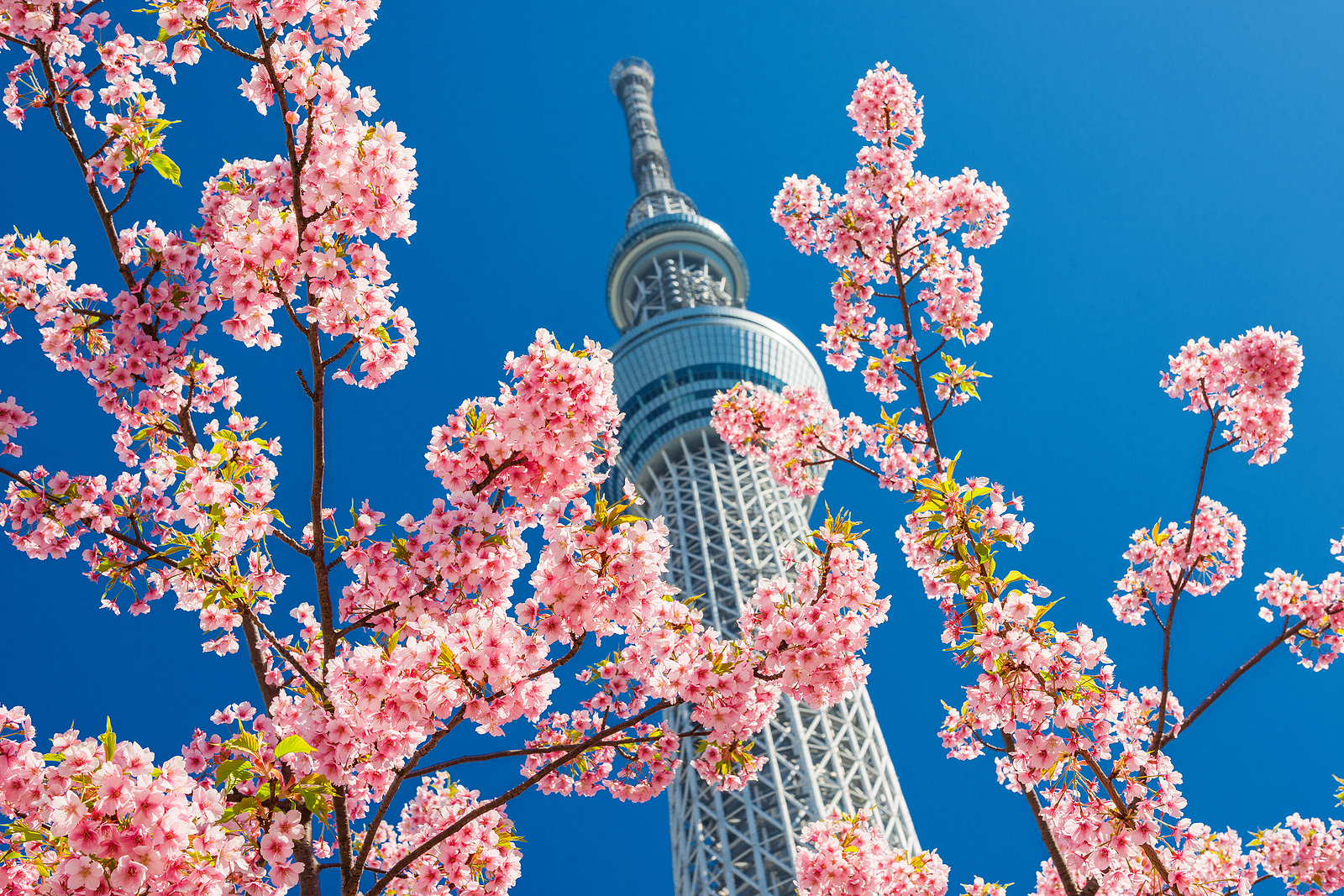
Japanese PM says that his country is falling off a demographic cliff
Japan’s Prime Minister has warned that his country will fall over an economic and social cliff unless it manages to reverse its population decline. “Our country is on the brink of being unable to maintain the functions of society,” said Fumio Kishida at beginning of this year’s Diet session.
The number of births in 2022 is below 800,000. In 1973, at the peak of the baby boom, 2.09 million children were born.
Japan’s population continues to fall. In 2020, researchers predicted that Japan’s population would decline from 128 million in 2017 to less than 53 million in 2100.
More kids will be the “top priority” for his administration, said Mr Kishida. He plans to splash money to “create a children-first economy and society”. “Policies on children and child care are the most effective investment for the future,” he told the Diet. He will provide an additional 80,000 yen (US$592) annually to couples who have a child.
“This is not going to magically solve the problems that Japan, as a nation, faces,” Noriko Hama, an economist at Doshisha University in Kyoto, told Deutsche Welle. “It is not a question of just throwing money at young couples and expecting them to have more children. It is a matter of poor social infrastructure that allows people to feel safe enough to have children.”
“At the moment, people are unhappy with the environment that they will have to raise a child in and until that improves, the birth rate will not recover,” she said.
Immigration is unlikely to stop the decline in xenophobic Japan. The BBC’s Japan correspondent, Rupert Wingfield-Hayes, is married to a Japanese woman and has three children. He remarks caustically, “if you want to see what happens to a country that rejects immigration as a solution to falling fertility, Japan is a good place to start. Real wages haven’t grown here in 30 years. Incomes in South Korea and Taiwan have caught up and even overtaken Japan.”
